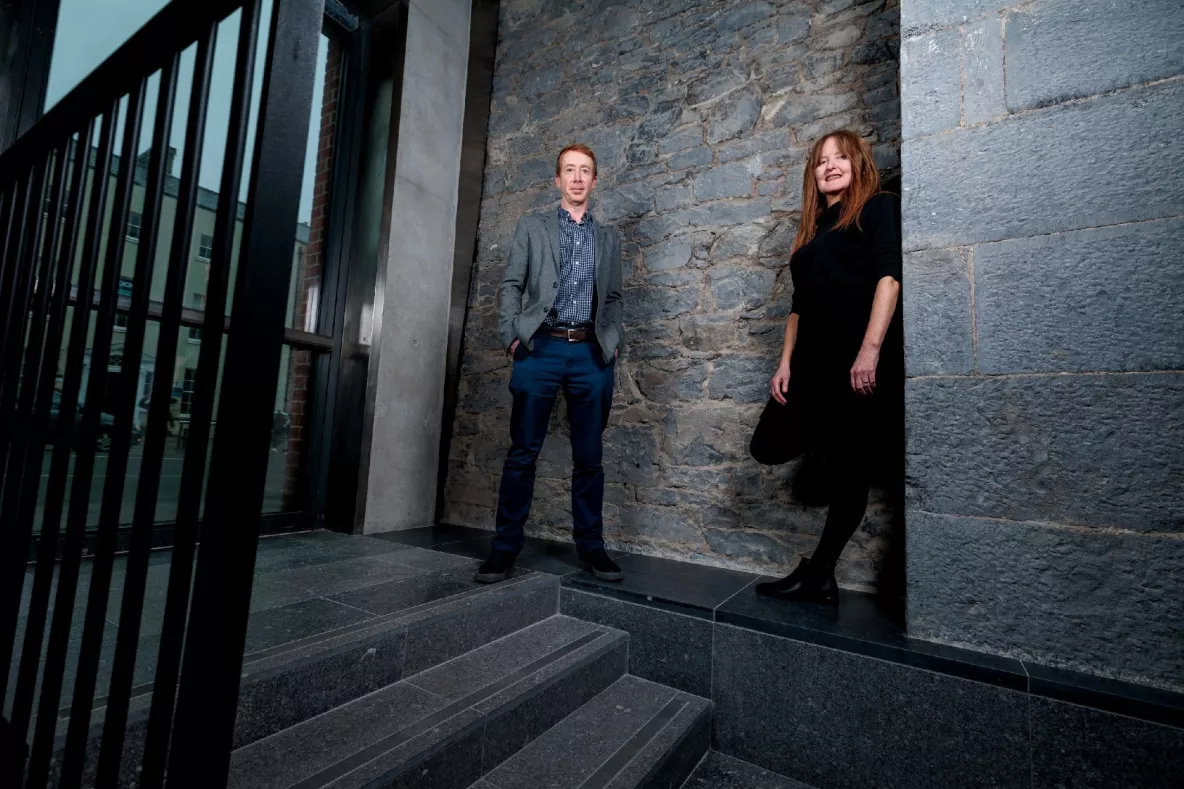
A game-changing website application designed to help voters make informed choices at the polls has relaunched ahead of the upcoming European and local elections.
WhichCandidate, created by Dr Rory Costello – a lecturer in the Department of Politics and Public Administration at University of Limerick, is designed to make the voting process easier by arming voters with essential information on candidates and their policy views.
Dr Costello, who specialises in electoral and legislative politics in Europe, initially launched WhichCandidate in 2014 for the local elections in Limerick. Since then, the application has been rolled out nationally for general and European Parliamentary elections as well as Dáil by-elections.
Over the past decade, WhichCandidate has grown in popularity among voters seeking to make more informed decisions, with approximately 200,000 unique site visitors recorded in the 2020 general election.
This year, the site will focus on the European and Limerick mayoral elections.
Explaining the motivation behind the creation of WhichCandidate, Dr Costello highlighted the importance of empowering voters to cast their vote confidently.
“Research shows that one of the main reasons why people abstain in elections is a lack of information – not knowing who to vote for. Voting is a complex decision: you have to rank candidates in order of preference. If you don’t know much about the candidates and parties, you are likely not to vote at all. Turnout is particularly low among young people, who are our target audience.”
Shifting voters’ attention from posters to policy is a key aim of WhichCandidate, he adds.
“During elections, we are bombarded with posters, leaflets and social media posts from candidates. There are televised debates where candidates talk over each other. It is an information overload. On June 7, we will be asked to decide between over 20 candidates for the European Parliament (depending on your constituency), plus a similar number of candidates for the local council. In Limerick, there are an additional 15 candidates for Mayor to choose between.
“An app like this can help voters to navigate the crowded election field and narrow down their choice to a manageable set of candidates who broadly align with their views.”
WhichCandidate, now supported by the Department of Foreign Affairs’ Communicating Europe Initiative as well as UL Engage, operates off a sophisticated Q&A format. First, users are asked to select the appropriate election (in this case, European or Limerick mayoral) and their constituency. They will then be presented with roughly 20 questions on relevant policy issues, with additional information provided to help the user understand each issue. Once complete, they will be presented with a personalised set of results, showing how well they align with each candidate in their constituency; each candidate will have also completed the same set of questions, ensuring accuracy. From there, users can browse candidates’ profile pages and even have the option to fill out a mock ballot paper in preparation for polling day.
Dr Costello is hopeful that WhichCandidate will continue to form an integral part of the voting process for both seasoned and new voters.
“It is almost four-and-a-half years since we have had an election in Ireland. There will be a huge cohort of voters who have never had an opportunity to vote in an election before. Not only that, but these first-time voters will be faced with a fragmented political landscape, with more parties and independents than ever before.
“We hope to provide an easy and reliable way for these voters to compare candidates, and to give them the information they need to go out and vote.”